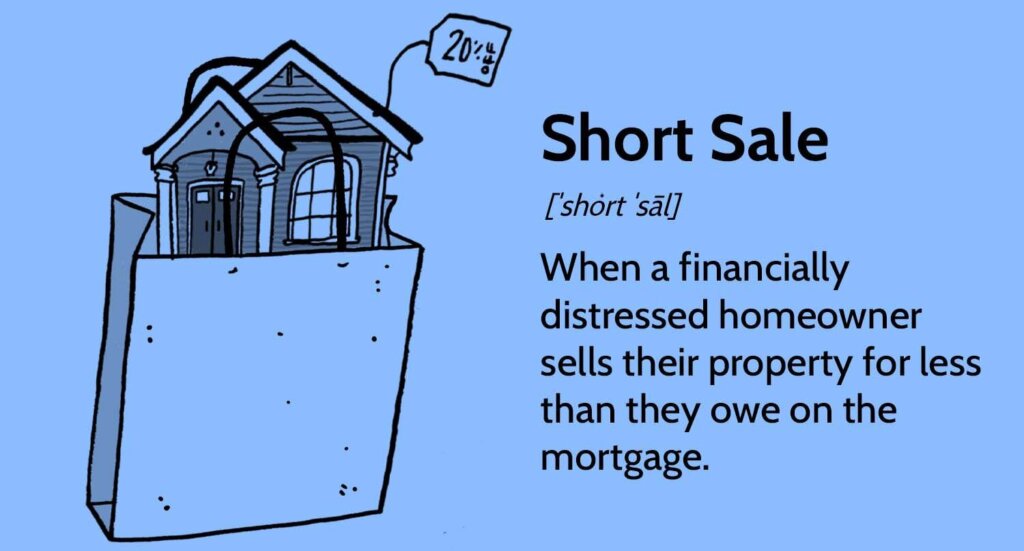
Short Sale vs Foreclosure: What’s the Difference?
A short sale allows homeowners to sell their property for less than the owed mortgage amount with lender approval, often resulting in a smaller credit impact. Foreclosure is when the lender legally takes ownership due to missed payments, leading to a more severe credit hit. Understanding the differences between short sale vs foreclosure in Kentucky can help homeowners make informed financial decisions when navigating financial hardships.
In this article, we’ll explore the key differences between short sales and foreclosures, providing you with all of the information needed to understand what each means and involves.
Whether you’re facing a financial crisis or just looking to be prepared, knowing the difference between short sales vs foreclosure in Kentucky can significantly impact your financial future.
When money troubles hit, homeowners might look at short sales or a foreclosure. A short sale in Kentucky means selling your home for less than the mortgage balance with the lender’s approval.
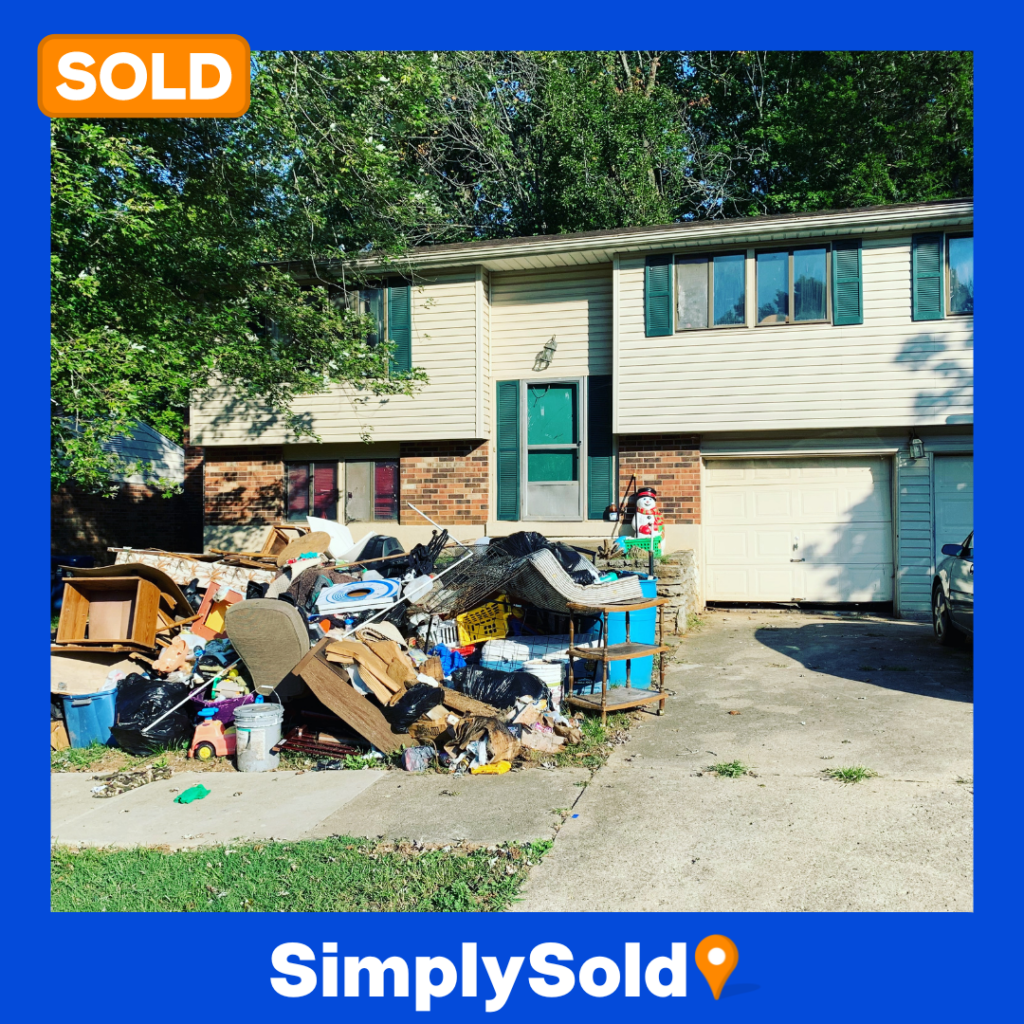
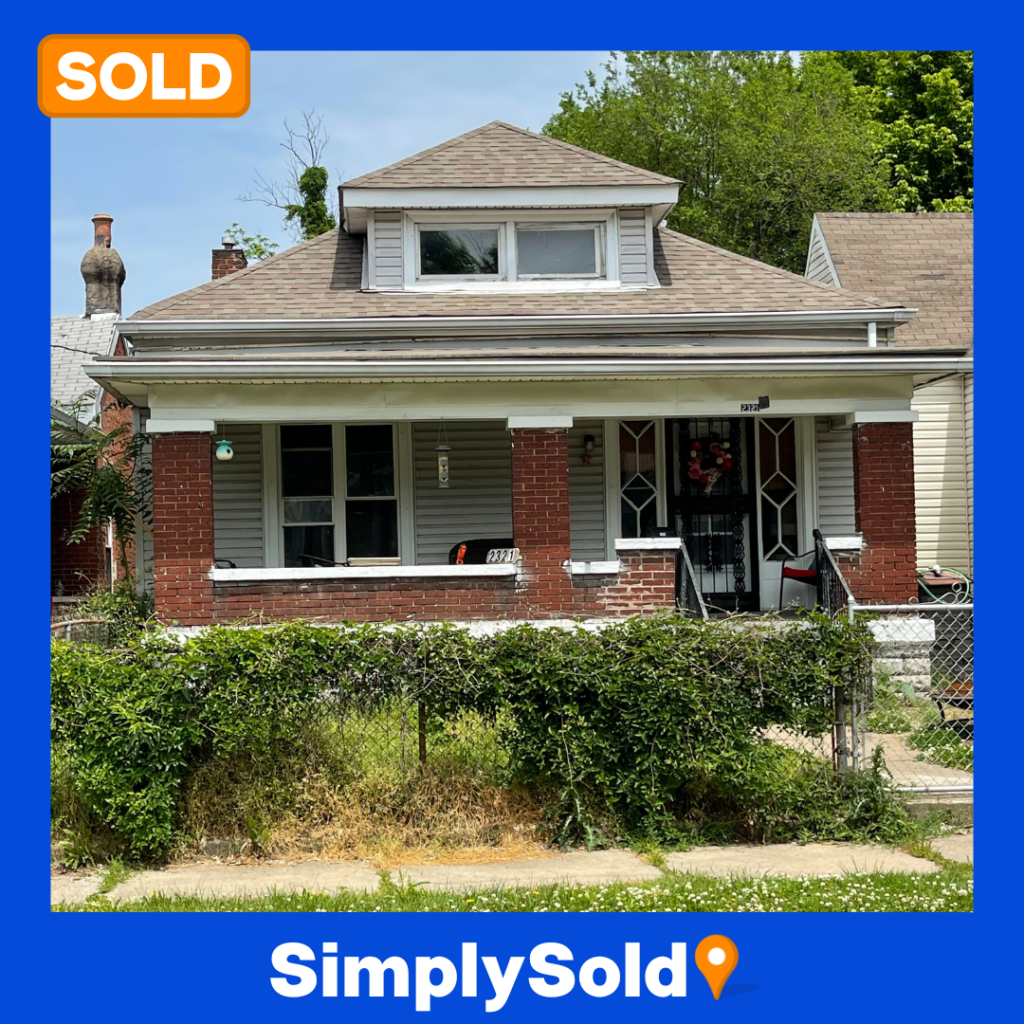
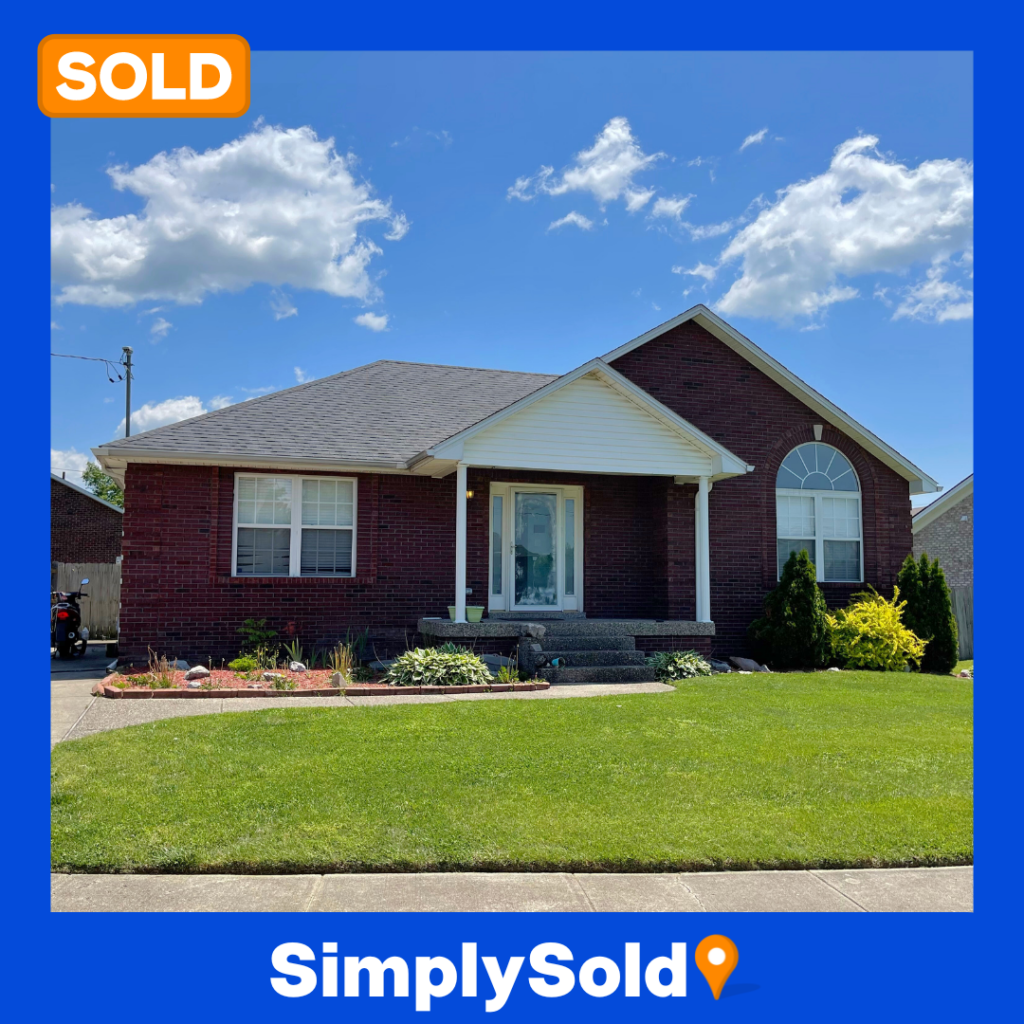
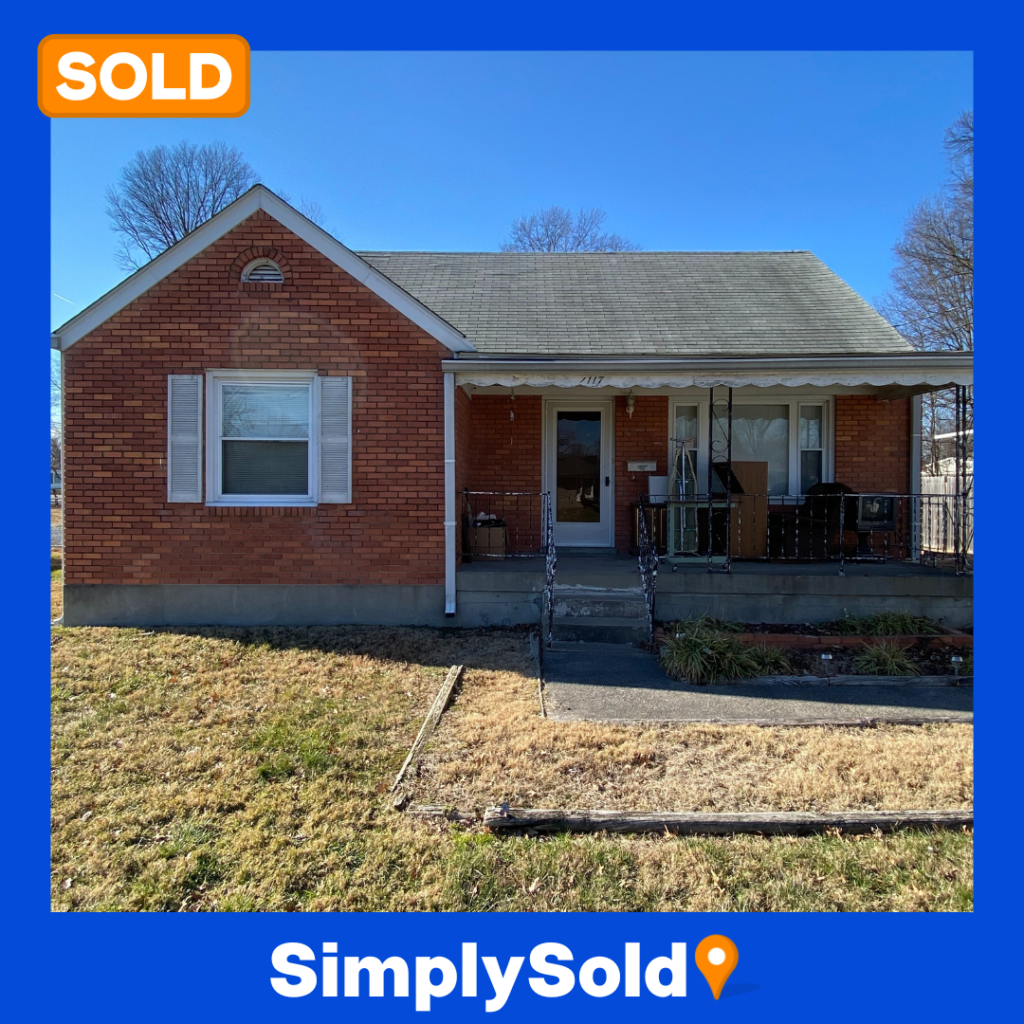
Kentucky Foreclosure is when the lender takes the home and sells it to get back what’s owed. Knowing the difference between short sale vs foreclosure helps homeowners understand their choices.
Homeowners in trouble might also look at other options like a loan modification or selling the home through a deed-in-lieu of foreclosure. These can help avoid the bad parts of a short sale or a foreclosure. But, it’s important to think about the long-term effects and get advice to make the best choice.
Key Takeaways Of A Short Sale Vs Foreclosure
- Short sale in Kentucky involves selling a property for less than the outstanding mortgage balance(what you owe the bank), with lender approval.
- A foreclosure occurs when a lender seizes and sells a property to recover the amount owed.
- Both short sales and foreclosures can have severe consequences for homeowners, including credit score damage.
- Pre-foreclosure options, such as selling to a cash buyer or deed-in-lieu of foreclosure, may help homeowners avoid more severe consequences.
- Seeking professional guidance is crucial when facing distressed property sales to ensure the best possible outcome.
Understanding Distressed Properties: Short Sales and Foreclosures
Distressed properties are homes that are being foreclosed or are in pre-foreclosure. They are homes the owners can’t pay for and are financially distressed. We will look at short sales vs foreclosures in this section.
Defining Short Sales In Kentucky
What is a short sale?
A short sale is when the homeowner sells the house for less than the mortgage debt. This way, the homeowner avoids foreclosure. Short sales help homeowners in trouble a lot:
- They can talk with lenders about the debt left, maybe avoiding extra judgments
- They can move on faster than with foreclosures
- They can buy another home soon after, under certain rules
- They don’t lose as much credit points as with foreclosures
Defining Foreclosures In Kentucky
What is foreclosure?
Foreclosure happens when a homeowner doesn’t pay the mortgage. The lender takes the house and sells it. Foreclosures are bad news for homeowners:
- They hurt credit scores a lot, for up to seven years
- The homeowner can’t control the sale
- The lender might chase the homeowner for more money if the sale doesn’t cover the debt
- Foreclosures take a long time, sometimes over a year
| Short Sales | Foreclosures |
|---|---|
| Voluntary process started by the homeowner | Involuntary process started by the lender |
| Sells the property for less than the mortgage debt | Lender takes and sells the property to get back the debt |
| Less harm to credit scores, usually 2-3 years | Big hit on credit reports, up to 7 years |
| Homeowner has more say in the sale | Homeowner has no say in the sale |
Short sales and foreclosures both have big effects on money and law. It’s key to know the differences and get expert help when dealing with these tricky situations.
The Short Sale Process In Kentucky
The short sale process in Kentucky is a difficult situation for homeowners in financial trouble. It means working with lenders to sell the property for less than the mortgage balance. Let’s look at the main steps in this process.
Lender Approval
Getting lender approval is the first big step in a short sale. Homeowners in Kentucky must show their financial troubles, like job loss or medical bills. The lender checks the application and decides if they’ll approve the short sale.
Documentation Requirements
To get lender approval, homeowners need to provide many documents. These include:
- Hardship letter explaining the financial challenges
- Proof of income and expenses
- Tax returns and bank statements
- Comparative market analysis (CMA) to determine the property’s value
- Listing agreement with a real estate agent experienced in short sales
Collecting and organizing these documents takes time. But it’s key for a successful short sale application.
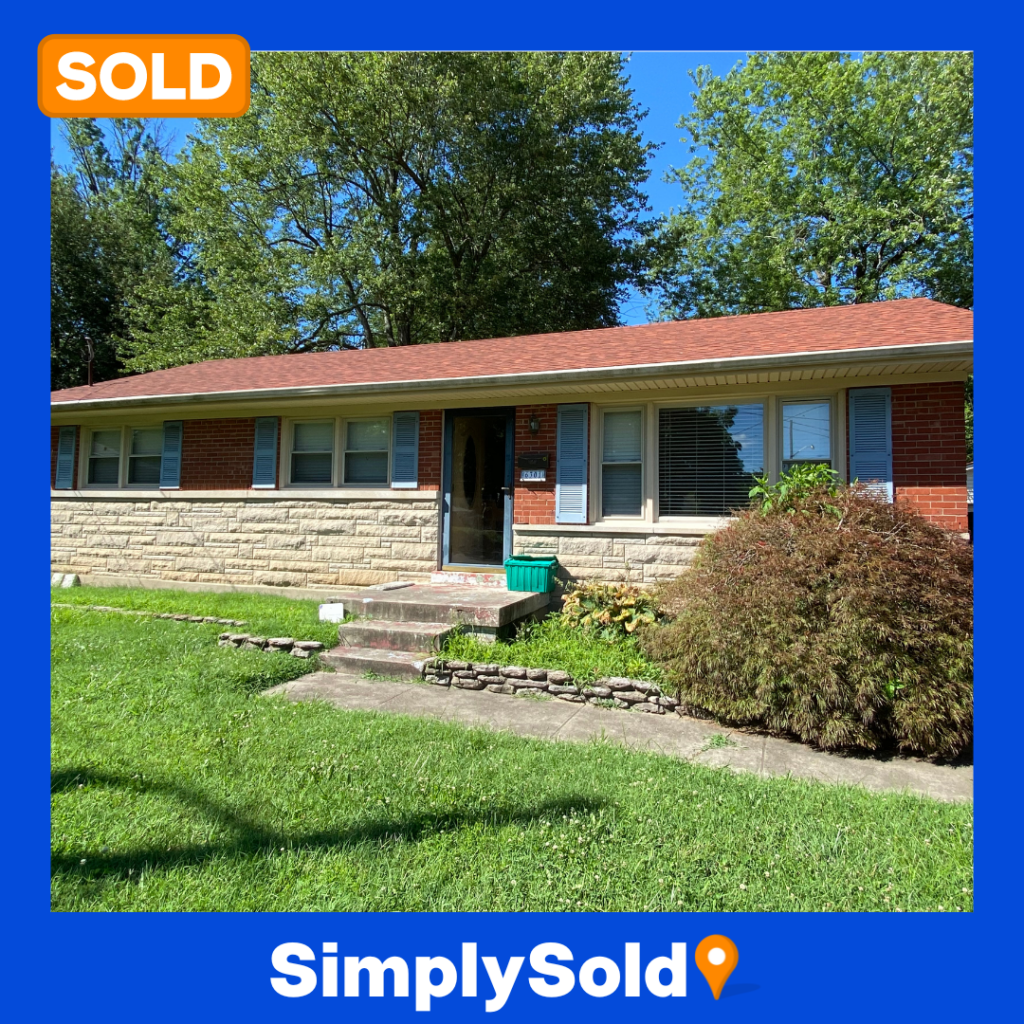
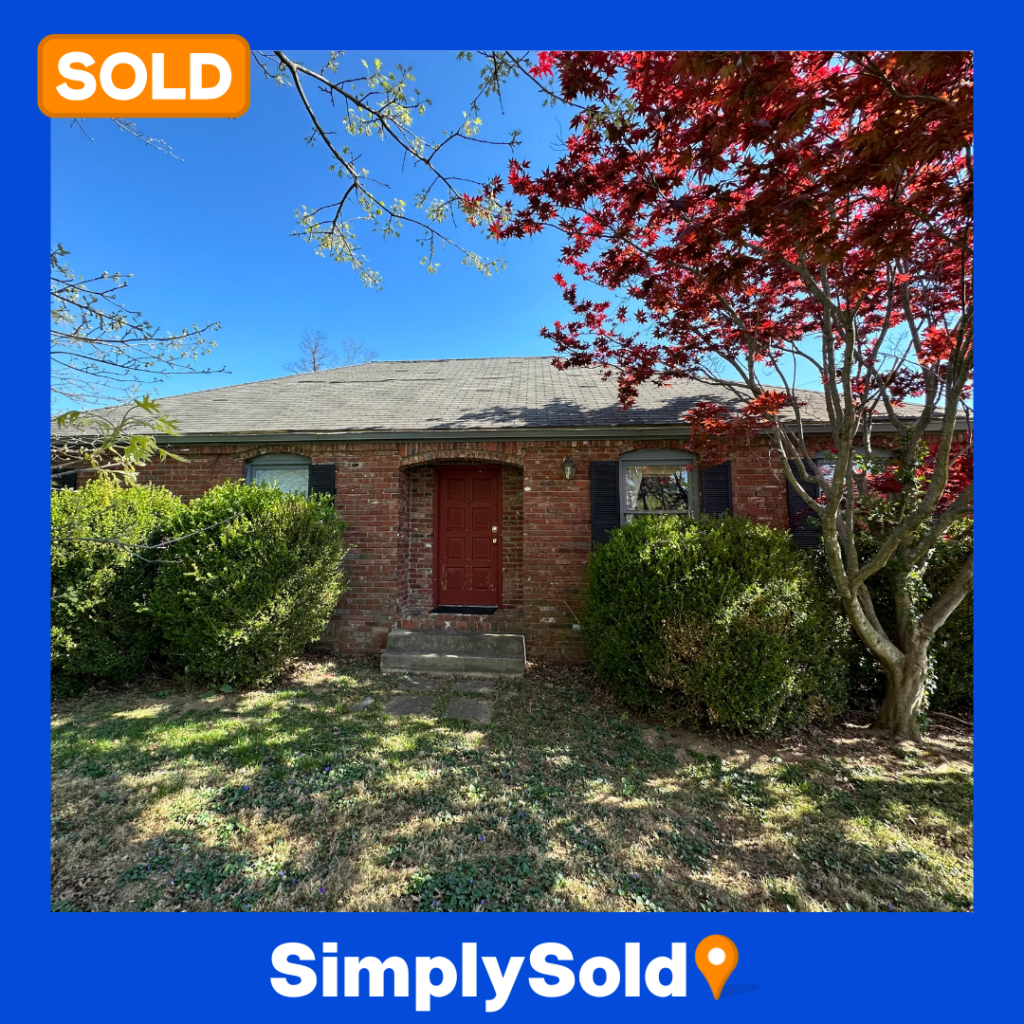
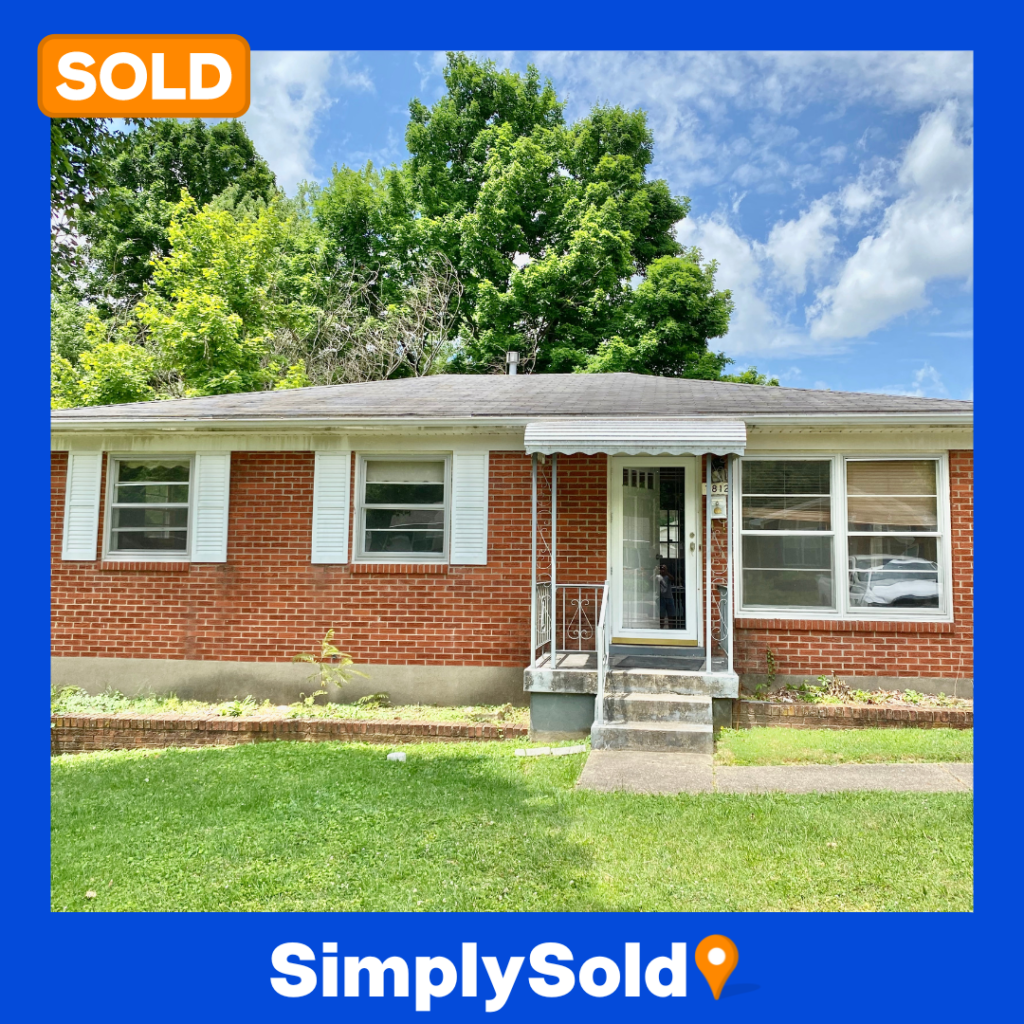
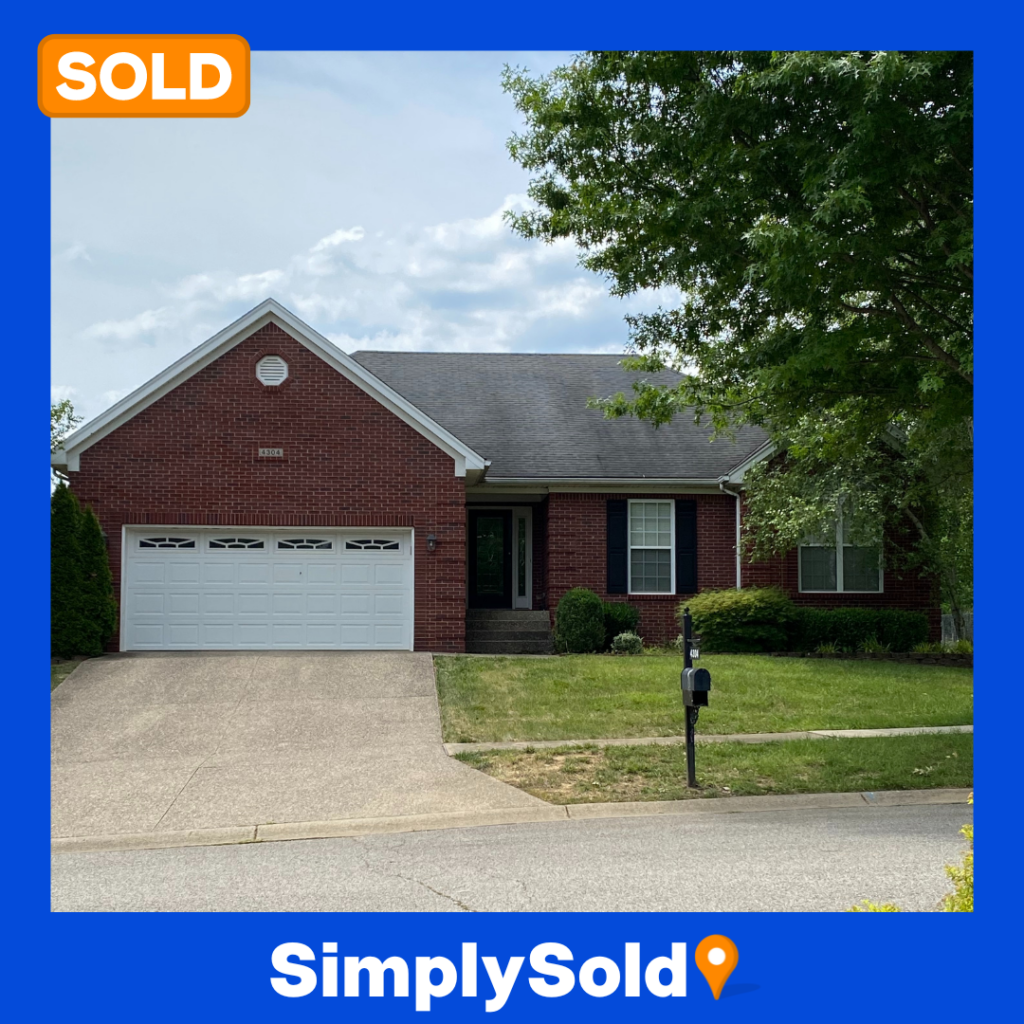
Selling the Property
After the lender says yes, homeowners can list and sell the property. It’s smart to work with a real estate agent who knows about short sales. They can help with the process and talk to the lender. Short sale properties are sold “as is,” so buyers shouldn’t expect repairs or improvements.
Deficiency Judgments
After selling the property, homeowners might still owe money, called a deficiency balance. The lender might forgive this balance. But sometimes, they might want the homeowner to pay it back through deficiency judgments.
| Short Sale Process Steps | Timeframe |
|---|---|
| Lender Approval | 30-90 days |
| Property Listing and Marketing | 30-90 days |
| Buyer Offer and Negotiation | 14-30 days |
| Lender Approval of Offer | 30-60 days |
| Closing and Transfer of Ownership | 30-45 days |
| Total Estimated Time | 4-10 months |
Going through the short sale process in Kentucky is tough. But knowing the steps and getting help from experts can make it easier. Homeowners can sell their properties fast for cash and get a fresh start.
The Foreclosure Process In Kentucky
When a homeowner misses mortgage payments in Kentucky, the lender may start foreclosure proceedings. This is to get back the money owed. The foreclosure process is hard and stressful for homeowners, as they might lose their home. It’s important to know the steps in the foreclosure process.
Pre-Foreclosure Process In Kentucky
The pre-foreclosure process starts when a homeowner misses a mortgage payment. The lender then tells the homeowner about the missed payment and offers ways to catch up. These ways include modifying the loan, making a repayment plan, or getting a forbearance agreement. Homeowners should talk to their lender to avoid foreclosure.
A Cash Buyer Can Buy a Short Sale
Local reputable cash buyers like Simply Sold can:
1. Close Quickly: Fast transactions to avoid foreclosure.
2. Ensure Sale: Cash offers eliminate mortgage approval delays.
3. Reduce Stress: Experienced professionals simplify the process.
4. Negotiate with Lenders: Facilitate smoother short sale negotiations.
5. Minimize Credit Impact: Short sales with cash buyers are less damaging than foreclosures.
Simply Sold provides a quick, efficient solution for homeowners in financial distress, helping them sell their property and move forward.
Legal Action by the Lender
If the homeowner can’t catch up or agree with the lender, the lender may take legal steps. This means filing a lawsuit against the homeowner. The lawsuit says the homeowner owes money and the lender wants to take the home. The homeowner then has a short time to answer the lawsuit and defend themselves if they can.
Short Sale vs Foreclosure Eviction and Property Sale
If the lender wins the lawsuit, they can evict the homeowner and take the home. They will then get the home appraised to see its value. After the appraisal, the lender will sell the home. This is usually done at a public auction or through an REO sale to get back what they invested.
| Foreclosure Process Stage | Duration |
|---|---|
| Pre-Foreclosure | 3-6 months |
| Legal Action | 2-3 months |
| Eviction and Property Sale | 1-2 months |
The time it takes for foreclosure to happen can vary a lot, and can take from a few months to over a year. Homeowners in Kentucky facing foreclosure should talk to a lawyer to know their rights and look into other options. These options might include short sales or a fast cash sale to stop foreclosure in Kentucky.


Short Sale vs Foreclosure: Key Differences
A short sale occurs when a homeowner sells their property for less than the amount owed on the mortgage, with the lender’s approval. It’s a voluntary process aimed at avoiding foreclosure and can have a less severe impact on the homeowner’s credit score.
Foreclosure on the other hand, is a legal process where the lender takes ownership of the property due to missed mortgage payments. Foreclosure typically has a more significant negative effect on credit and can take longer to recover from financially. Understanding these differences can help homeowners make informed decisions during financial difficulties.
Voluntary vs Involuntary
A short sale in Kentucky is when the homeowner sells the house for less than the mortgage. It’s a choice they make. Foreclosure happens when the homeowner can’t pay the mortgage. The lender then sells the house.
Homeowner Involvement
In a short sale, the homeowner plays a big role. They work with a real estate agent to sell the house. They also talk to the lender to get the short sale approved. With a foreclosure, the homeowner has little say. The lender takes the house.
Credit Score Impact – Short Sale vs Foreclosure
Both short sales and foreclosures can hurt your credit score. But, a short sale is usually better. It’s seen as a “settled debt” on your credit report. A foreclosure is a “defaulted debt” and can stay on your report for seven years.
| Aspect | Short Sale | Foreclosure |
|---|---|---|
| Initiation | Voluntary, homeowner-initiated | Involuntary, lender-initiated |
| Homeowner Involvement | Active, works with lender and real estate agent | Limited, lender takes legal action |
| Credit Score Impact | Less severe, reported as “settled debt” | More severe, reported as “defaulted debt” |
| Time to Complete | Several months, requires lender approval | Can be finalized in a few months |
Knowing the differences between short sales and foreclosures helps homeowners in trouble. By looking at the good and bad of each, homeowners in Kentucky can make smart choices and this helps protect their financial future.
Pros and Cons of Short Sales for Homeowners
Homeowners in Kentucky facing financial trouble might look into a short sale instead of foreclosure. Short sales have good and bad sides that homeowners should understand the difference between short sale vs foreclosure before deciding on what to do.
A big plus of short sales is they can help keep your credit score from getting too low. A short sale can lower your credit score by 50-150 points, but it’s not as bad as a foreclosure. Foreclosure can drop your score by 200-400 points and stay on your report for 7 to 10 years.

Short sales also let you sell your property in good shape. Since sellers are still involved, the property looks nice and attracts buyers. This makes the sale go smoother.
But, short sales have downsides too. They take a long time to complete, often taking up to a year. This is because lenders need to approve the sale and see lots of documents. This long wait can be stressful for homeowners.
Also, you might still owe money to the lender after the short sale. Some lenders might not ask for this money back, but others might. This could be a big problem for homeowners.
| Short Sale Advantages | Short Sale Disadvantages |
|---|---|
| Potential for better credit score compared to foreclosure | Lengthy and paperwork-intensive process |
| Opportunity to sell property in better condition | Potential ongoing financial obligation with deficiency balance |
| More control over sale process and negotiations | Uncertainty and stress while awaiting lender approval |
| Reduced stigma compared to foreclosure | Negative credit score impact, although milder than foreclosure |
| Potential for lender to forgive remaining balance | Financial loss due to selling below owed mortgage amount |
Choosing a short sale depends on your financial situation and what you want. It’s important to talk to experts like real estate agents, lawyers, and financial advisors. They can help you understand the process and make the right choice.
Pros and Cons of Foreclosures for Homeowners
If you’re a homeowner in trouble, knowing the good and bad of foreclosure is key. One big plus is that foreclosure can happen faster than a short sale once the lender takes the house. This means you can get out of your financial trouble quicker.
But, there are big downsides to foreclosures. The biggest one is how it hurts your credit score. A foreclosure can stay on your credit report for up to seven years. This makes it hard to get loans or buy a new home later. Short sales don’t hurt your credit as much and don’t stay on as long.
Foreclosures also mean you might still owe money after the sale. This is called a deficiency balance. If the sale price wasn’t enough to pay off the mortgage, you could still owe the lender. This can cause more financial stress and even legal trouble.
Thinking about the long-term effects of foreclosure is important. It can really hurt your chances of getting a new home. Even after waiting, you might face higher interest rates and tougher rules from lenders because of the foreclosure.
| Foreclosure Pros | Foreclosure Cons |
|---|---|
| Faster resolution once the lender seizes the property | Severe negative impact on credit score for up to 7 years |
| Potential for a quicker process compared to short sales | Difficulty in repurchasing a home due to damaged credit |
| Relieves the homeowner of the responsibility to sell the property | Possibility of owing a deficiency balance to the lender |
| May allow the homeowner to move on from the financial burden faster | Increased likelihood of legal action and additional fees |
Foreclosure might seem like a quick fix for money troubles, but think about the long-term effects. Getting advice from lawyers and financial experts can help you find better options. This way, you can lessen the bad effects on your credit and future home buying.
Sell The Simple Way. Get Started Now…
Can I Sell My House in a Short Sale?
Yes, you can sell your house in a short sale if your lender agrees. A short sale occurs when your home is sold for less than the remaining mortgage balance, and the lender accepts the sale as full repayment.
This option is typically considered when you are unable to continue making mortgage payments and want to avoid foreclosure. To proceed with a short sale, you’ll need to provide the lender with financial documentation to prove hardship and demonstrate that selling the house is a necessary step.
| Property Type | Average Discount |
|---|---|
| Short Sales | 10+% below market value |
| Foreclosures | 30+% below market value |
Working with experienced professionals, like real estate agents and local cash buyers like Simply Sold can help streamline the process and increase the chances of lender approval.
Short sales often take 4-6 months from when the bank accepts an offer. Sometimes, it can take even longer. Buyers may wait for months for a bank’s decision, leaving the seller waiting and wondering.
As-Is Condition and Hidden Costs
Foreclosed homes are sold as-is. They might need a lot of work because they were not taken care of. Cash buyers know they can’t typically inspect the home before buying. This can lead to unexpected costs later.
Many foreclosure sales want local cash buyers. Lenders like to avoid financing issues. They normally look at your debt to income ratio to see if you can afford a home, but if a buyer can pay cash, the bank is more likely to accept the offer.
| Short Sale Process | Typical Timeline |
|---|---|
| Offer Submission | 1-2 weeks |
| Lender Review | 2-3 months |
| Negotiation and Approval | 1-2 months |
| Closing | 1 month |
| Total Time | 4-6 months |
Seeking Professional Help for Short Sale vs Foreclosure
Short sale vs foreclosure in Kentucky can be tough, especially if you’re facing money problems with a job loss or health issues. Getting help from pros like local cash buyers, real estate agents, or even lawyers are key. They help you make smart choices and keep your best interests in mind.
Real Estate Agents Specializing in Cash Sales
For short sales or foreclosures, a real estate agent who specialize in working with local cash buyers is a big help. They know a lot about the process and work with attorneys and other experts. They can assist you by:
- Explaining your options and what might happen next
- Helping you get ready for a short sale
- Talking to lenders for you to get a good deal
- Marketing your property to find cash buyers
- Helping you through the whole process
Legal Advice For Foreclosure
Talking to legal advisors is also a smart move. They give you advice and support during a short sale or foreclosure. They can help you by:
- Explaining the legal stuff, like what could happen if you owe money after selling
- Looking into other options, like changing your loan or declaring bankruptcy
- Creating a plan to handle money and fix your credit later
- Making sure you know your rights and make choices with the right info
| Professional | Role in Short Sales and Foreclosures |
|---|---|
| Real Estate Agent | Helps you through the process, sells your property, and talks to lenders |
| Legal Advisor | Explains the law, looks at other options, and protects your rights |
| Cash Buyer | Offers a fast cash sale to help close quick to help save your credit |
With help from real estate agents, lawyers, and cash buyers who know about distressed properties, homeowners can make better choices. They can lower risks and aim for a stable financial future.
Alternatives to Short Sales and Foreclosures in Kentucky
Homeowners in tough financial spots have other choices when deciding between short sales vs foreclosure. One way is a Cash Sale. This means working with a local cash buyer who can close cash and stop the foreclosure. This could mean a fast sale, can save your credit, and it will stop the foreclosure all together.
How Local Reputable Cash Buyers Like Simply Sold Can Help
Local reputable cash buyers, such as Simply Sold, can play a crucial role in both short sales and preventing foreclosures. By purchasing homes for cash, they offer several advantages:
1. Quick Transactions: Cash buyers can close deals much faster than traditional buyers, which is essential in time-sensitive situations like avoiding foreclosure.
2. Guaranteed Sale: Cash offers eliminate the uncertainty of mortgage approvals, ensuring the sale goes through without delays.
3. Less Stress: Handling the process with experienced professionals reduces the homeowner’s stress and simplifies the transaction.
4. Negotiation with Lenders: Simply Sold can work directly with lenders to negotiate the terms of the short sale, making the process smoother for the homeowner.
5. Credit Impact: By opting for a short sale with a cash buyer, homeowners can mitigate the damage to their credit score compared to going through a foreclosure.
Choosing a reputable cash buyer like Simply Sold provides a lifeline for homeowners facing financial difficulties, offering a straightforward and efficient way to sell their property and move forward.
Another alternative for short sale vs foreclosure in Kentucky is allowing someone to take over your mortgage payments. This option, known as mortgage assumption, involves transferring the responsibility of your loan to a new buyer.
Understanding the differences between short sale vs foreclosure in Kentucky can help homeowners make informed financial decisions when navigating financially difficult times.
Sell The Simple Way. Get Started Now…
About: Beau Hollis
Founder and Editor-in-Chief of SimplySold.com. At Simply Sold, Beau, has purchased 500+ homes and leads a skilled team of investors. Beau has written 100’s of in-depth articles educating sellers on the home selling process, homeownership news, and real estate trends.
FAQ
What is the main difference between a short sale and a foreclosure in Kentucky?
A short sale in Kentucky is when a homeowner sells their property for less than the mortgage balance. This is done voluntarily. A foreclosure in Kentucky is when the lender takes the property to pay off the debt. This happens without the homeowner’s choice.
How does a short sale affect my credit score compared to a foreclosure?
A short sale can hurt your credit score, but not as much as a foreclosure. A foreclosure can stay on your credit for up to seven years. This makes it hard to get another home soon.
What are the advantages of a short sale for homeowners?
Short sales can keep your credit score better than a foreclosure. They let you sell your property in good shape. This can help you get housing again and avoid a deficiency judgment from the lender.
What are the disadvantages of a foreclosure for homeowners?
Foreclosures really hurt your credit score, making it hard to get another home for years. You might still owe money to the lender after the sale.
What should I expect when buying a short sale property?
Buying a short sale takes longer because the lender must agree and there’s more paperwork. But, these homes are usually in better shape than foreclosed ones. The homeowner kept it up to protect their credit.
What should I expect when buying a foreclosed property?
Foreclosed homes can sell fast because the lender wants to sell quickly. But, they’re often sold as-is and might need repairs. These sales often want or need cash buyers.
Should I seek professional help when considering a short sale or foreclosure?
Yes, get help from real estate agents who know about distressed properties. They can guide you through the process and spot problems. Also, talk to lawyers and financial advisors to understand your options and make smart choices.
Are there alternatives to short sales and foreclosures for homeowners facing financial hardship?
Yes, there are other options like loan modification, deed-in-lieu of foreclosure, or bankruptcy. These can help you keep your home, make payments easier, or avoid foreclosure’s bad effects.
